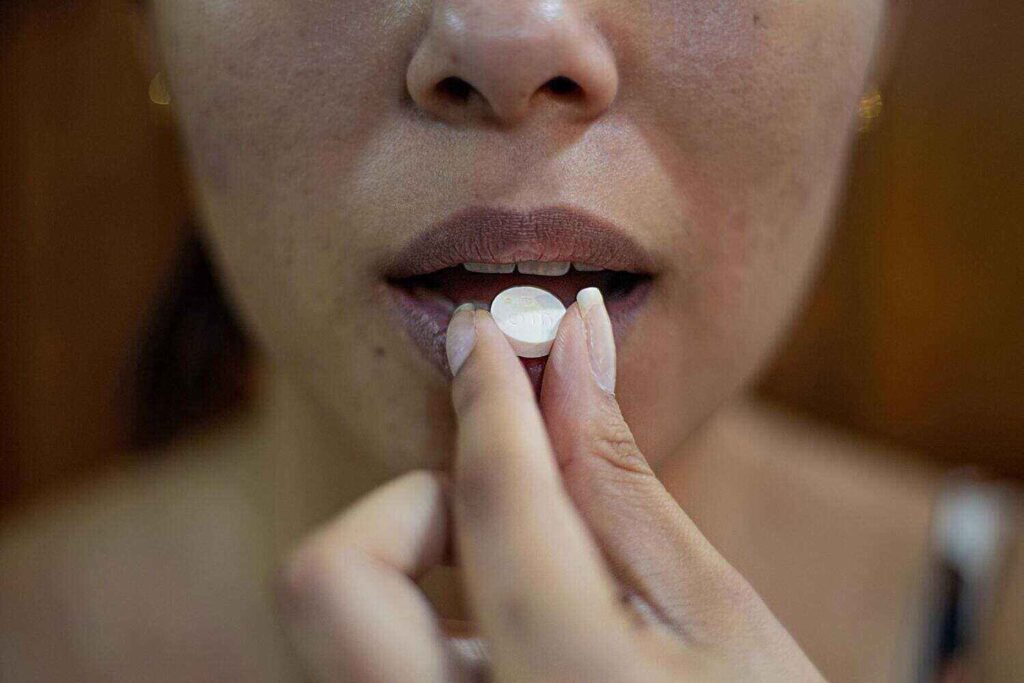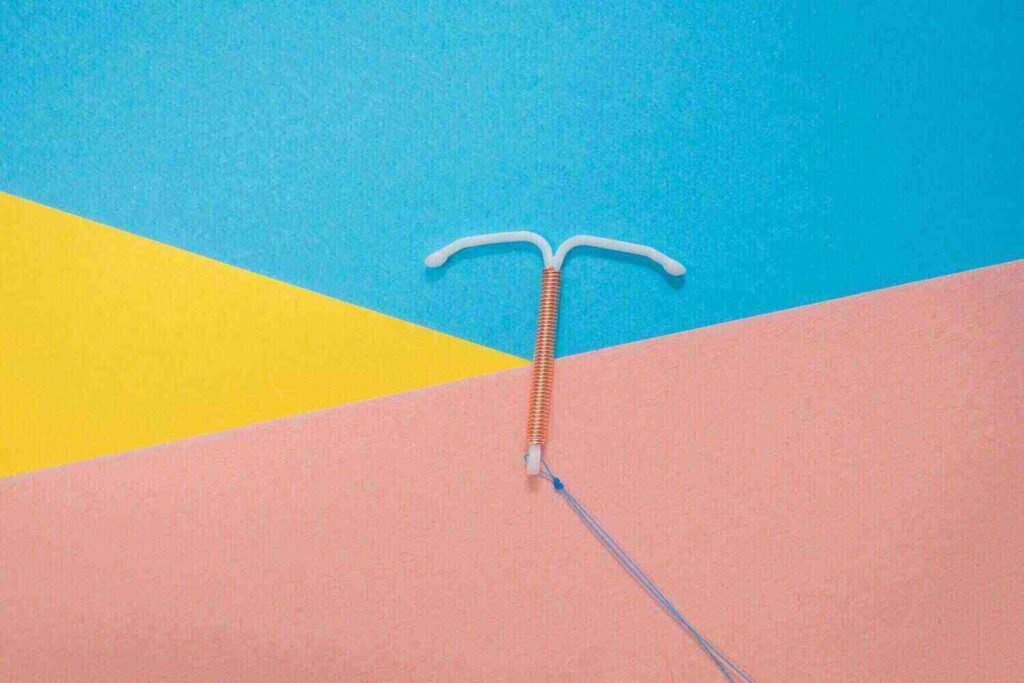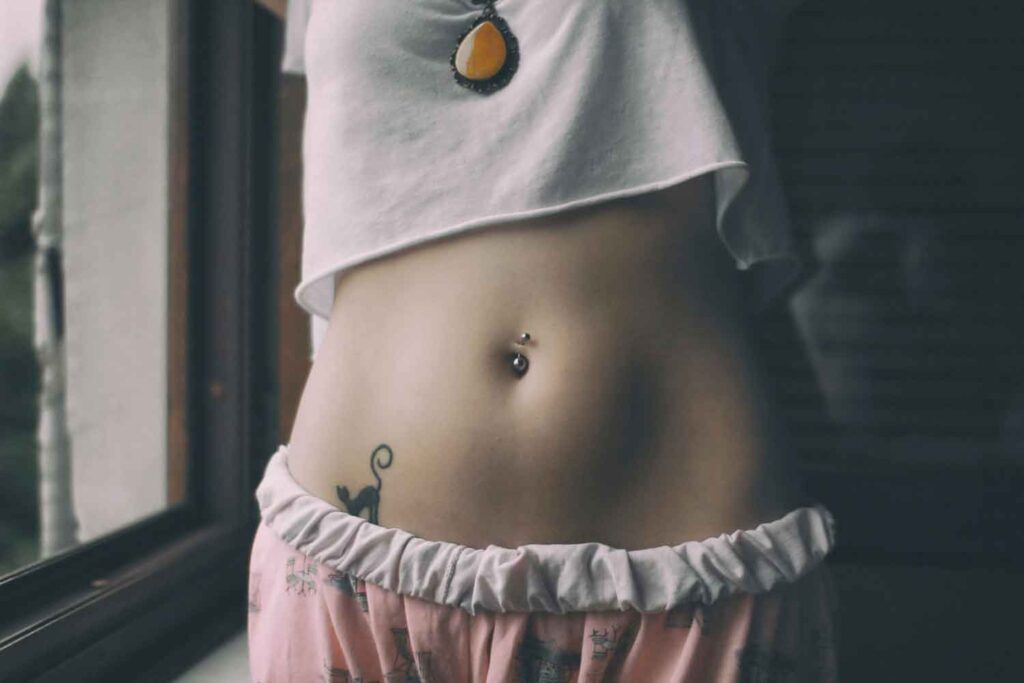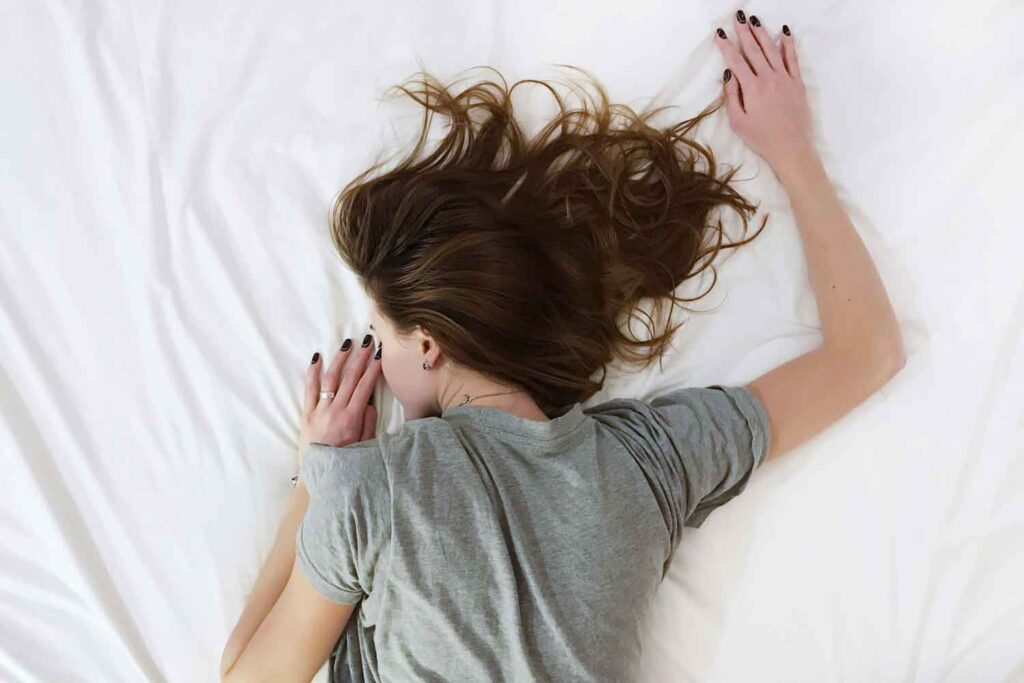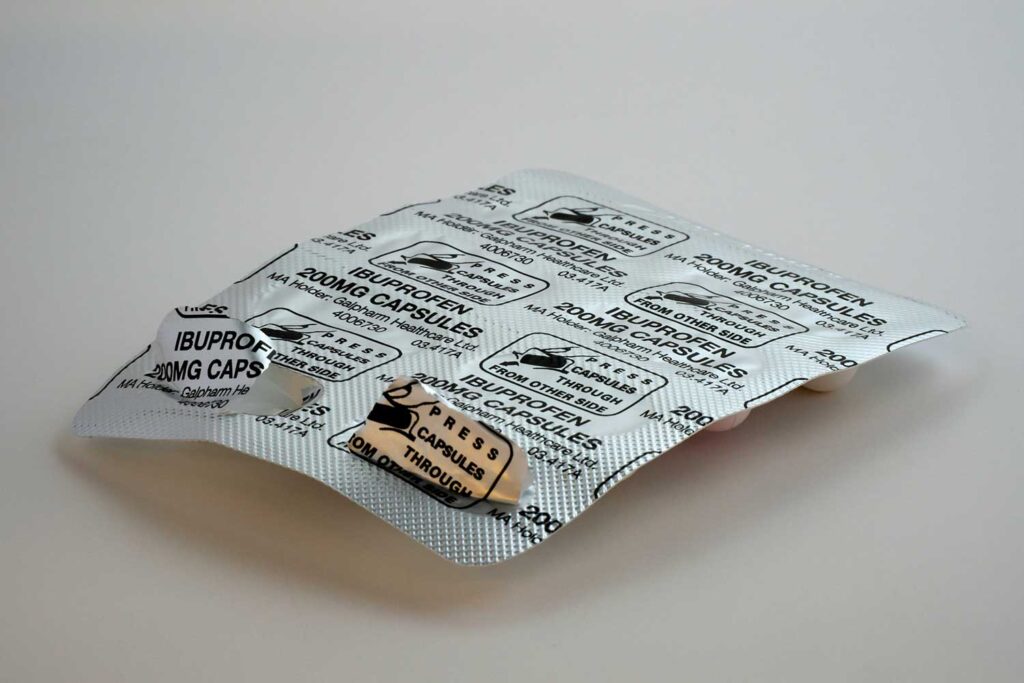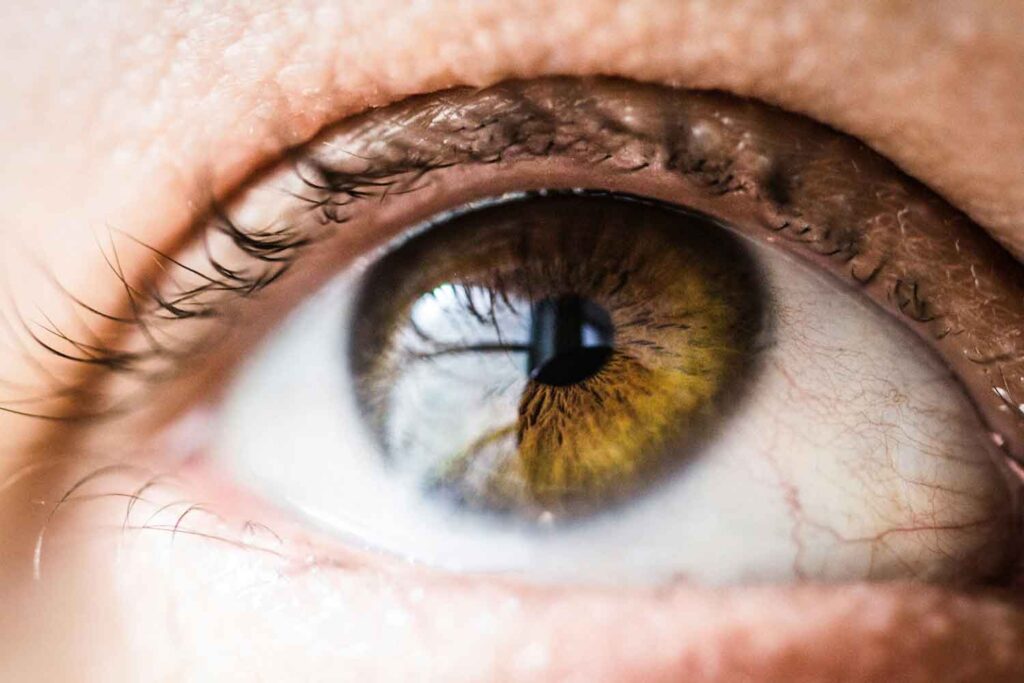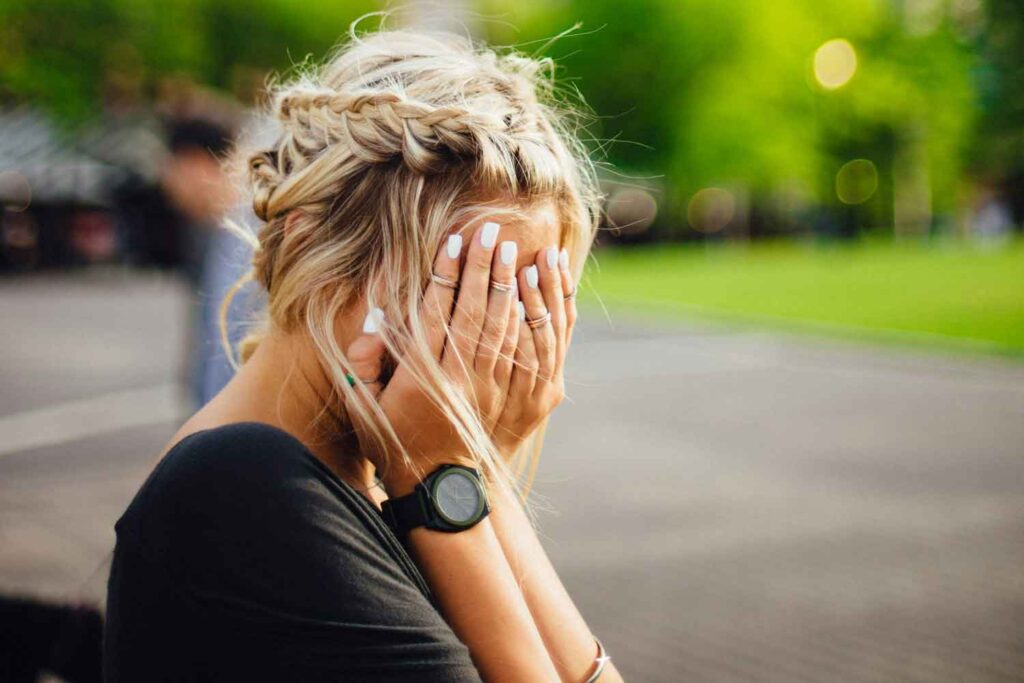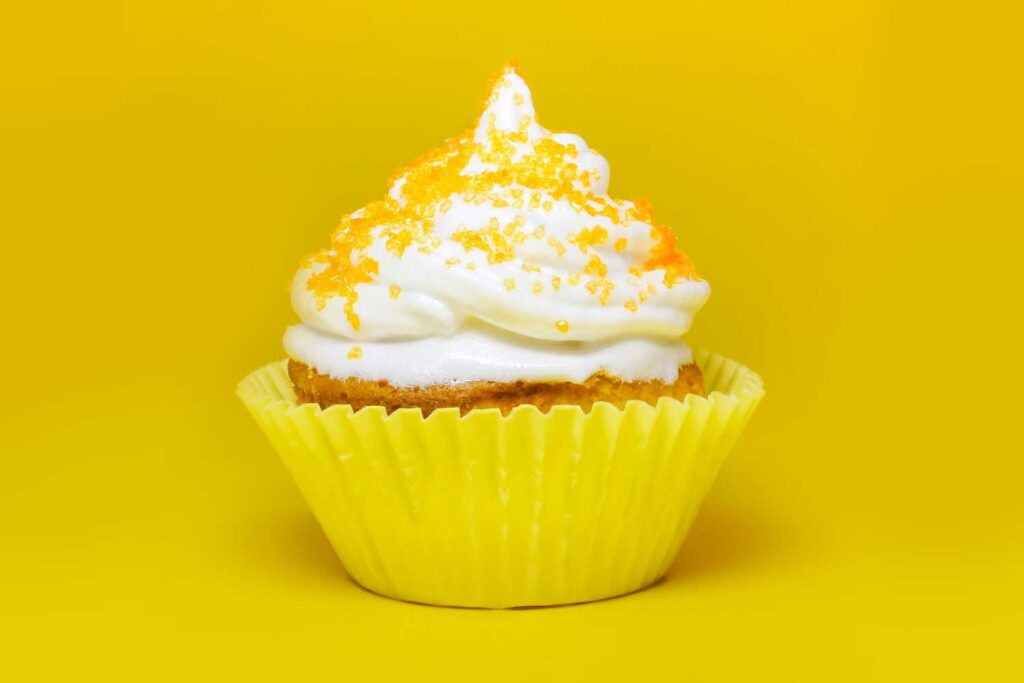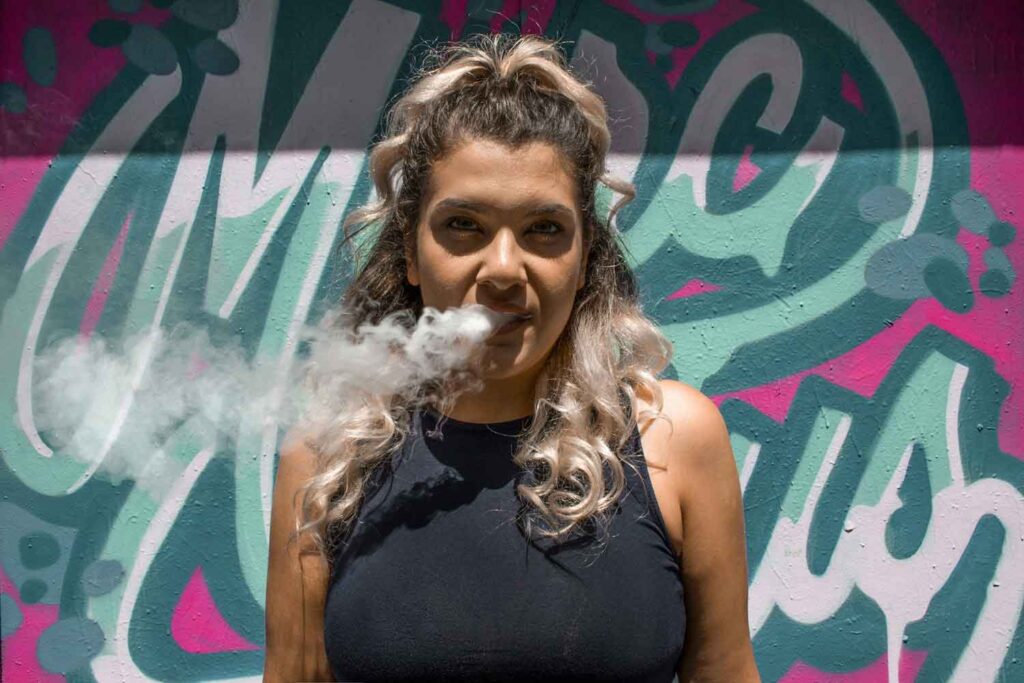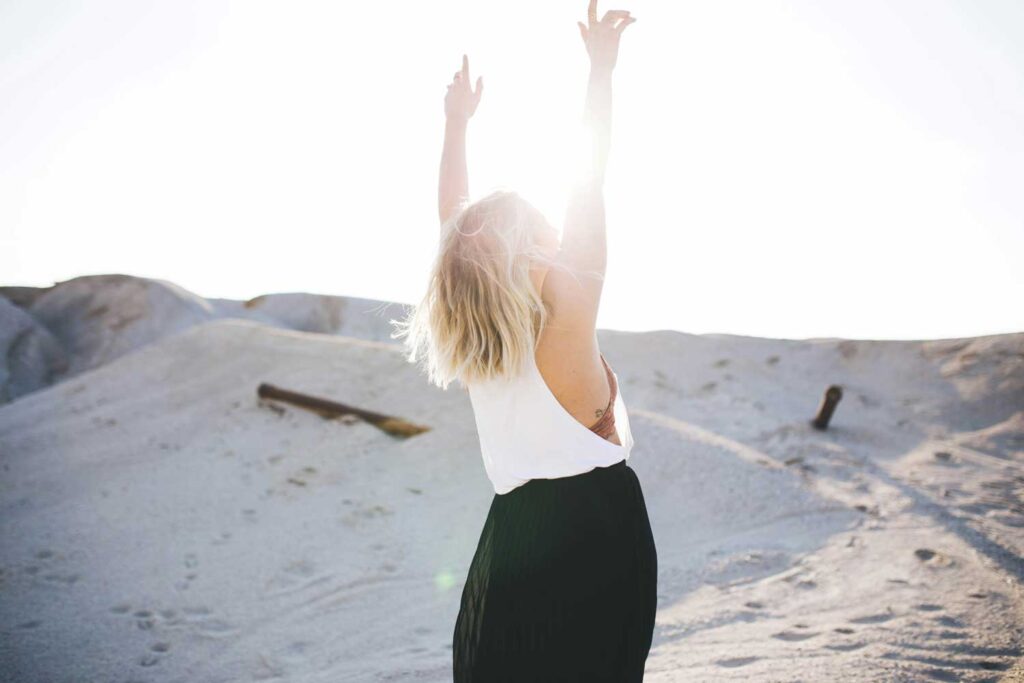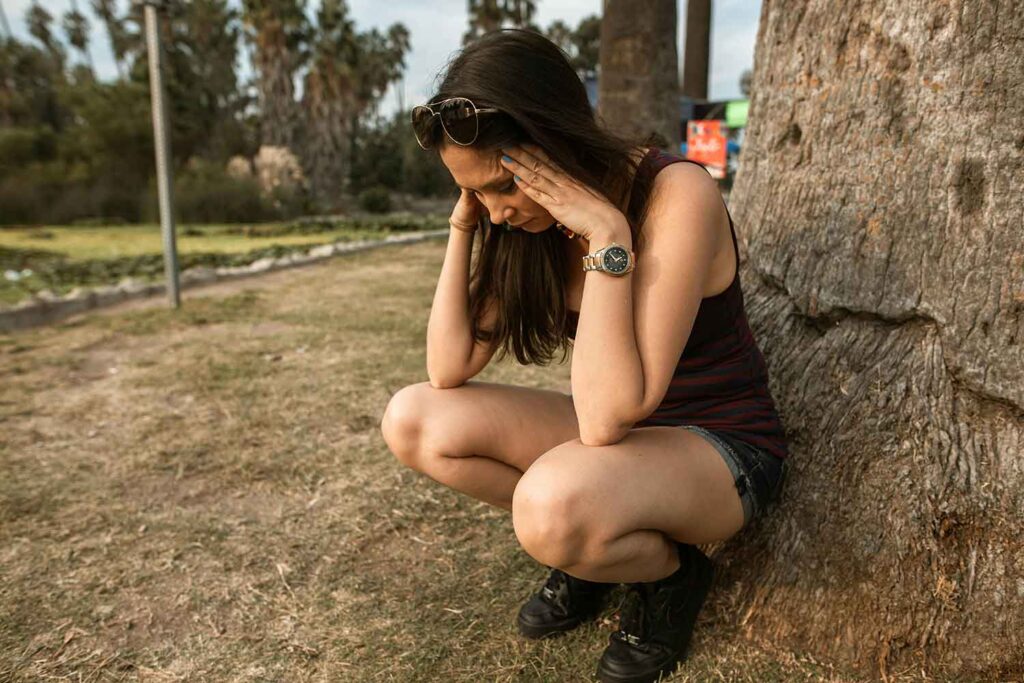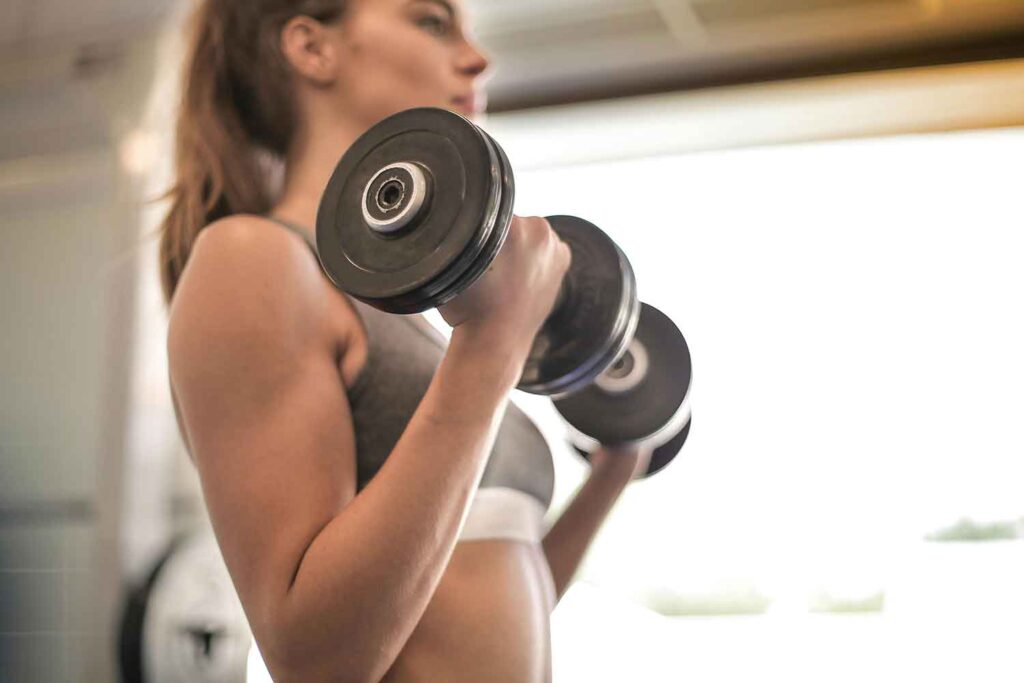Why Do I Feel High When I’m Not?

People typically opt for weed when they want to feel high. However, you may notice that you’re experiencing symptoms of a high such as euphoria even without smoking from a bong. You’re probably wondering why do I feel high when I’m not. Here’s what we know.
Photo: Unsplash
Why Does My Body Feel High When I’m Not?
Many cannabis enthusiasts have noticed that they feel high when they aren’t.
One Reddit user said “Does anybody else get this feeling? I’m trying to quit after smoking everyday for 4 years. I still feel kind of a head high, and things just feel strange like I’m stoned, yet I haven’t smoked today. Is there just so much thc built up in my system that I’m catching a high?”
Another one chimed in with, “I haven’t got high in 10 months, not a puff, and I often still feel high!”
We’re not sure why these two people on Reddit are feeling high. While we know that your body stores THC, we haven’t seen any evidence that stored THC can make you high.
However, there are other reasons you may feel high without weed. For example:
- Exercise
- Meditation
- Hanging out with friends or making plans to
- Listening to your favorite song
Let’s look into some other reasons why you may feel high even though you haven’t had any weed.
Bipolar Disorder
Bipolar disorder is a mental illness that causes atypical changes in mood, energy, activity levels, and concentration.
People who suffer from bipolar disorder may have periods of elevated mood called mania and periods of depressive mood.
Mayo Clinic says, “When your mood shifts to mania or hypomania (less extreme than mania), you may feel euphoric, full of energy or unusually irritable.”
Therefore, the reason you may feel high when you’re not high is because you’re experiencing a manic episode.
To be sure, you’ll need to see a psychiatrist.
Depersonalization-derealization disorder
Depersonalization-derealization disorder may be the reason why you feel high when you’re not.
According to the Mayo Clinic, “Depersonalization-derealization disorder occurs when you always or often feel that you’re seeing yourself from outside your body or you sense that things around you are not real — or both.”
Even though you may feel like you’re in a dream, it can be a scary experience.
Well, according to The DP Manual, “[Depersonalization-derealization] can make you feel floaty and disconnected, like you’re living in a dream, that you’re high and can’t come down, that you don’t feel real.”
According to the Mayo Clinic, depersonalization symptoms include:
- Lack of emotions in memories
- Uncertainty in whether or not your memories are yours
- Feeling like you’re seeing your thoughts, feelings, or body or parts of your body from the outside
Derealization symptoms, according to Mayo Clinic includes:
- Feeling like you’re living in a dream
- Unrealistic thoughts about distance and the size and shape of objects.
- Thoughts about time being unreal
If that sounds like you, you may want to chat with a mental health professional.
Placebo Effect
Did you know if you thought you ate a pot brownie you may feel high?
That’s called the placebo effect.
There has been some documentation of this phenomenon in science.
For example, a 2022 study investigated the placebo response in cannabinoid trials for clinical pain.
Interestingly, the study concluded that “Placebo contributes significantly to pain reduction seen in cannabinoid clinical trials.”
In other words, the participants expected cannabis to take away their pain so they felt pain relief even with a placebo.
That doesn’t mean that cannabis isn’t useful for pain relief. It’s just interesting that an expectation of pain relief can lead to actual pain relief.
The placebo effect has also been studied in psychedelics such as magic mushrooms.
A 2020 study concluded that the placebo effect in psychedelics may be stronger than once thought.
“61% of the participants in the experiment reported some effect after consuming the placebo.”
Therefore you may feel high because you expected to.
Sleep Deprivation
Yes, you may feel high because you may need some shut-eye.
A 2011 study concluded that being sleep-deprived can cause you to feel euphoric.
“this beneficial mood-elevating effect is paralleled by reports of emotional lability in healthy adults under conditions of sleep loss, commonly describing episodes of inappropriate euphoria and giddiness, and oscillating periods of lopsided positive emotional reactivity”
Knowing that sleep deprivation can make you feel euphoric is not a green light to not get your 8 hours of sleep per night.
Matthew Walker, associate professor of psychology and neuroscience at UC Berkeley and lead author of the study said in a UC Berkeley article that a sleep-deprived brain isn’t a good decision maker.
“When functioning correctly, the brain finds the sweet spot on the mood spectrum. But the sleep-deprived brain will swing to both extremes, neither of which is optimal for making wise decisions,”
So if you feel euphoric because you pulled an all-nighter, get some sleep ASAP.
Takeaway
So, why do I feel high when I’m not? There could be a number of reasons. In the case of suspected mental illnesses, we recommend speaking with a mental health professional like a psychiatrist so that you can start getting treatment. However, if you notice you’re feeling high after a good workout or meditation session, you have nothing to worry about. One of the most interesting reasons you may feel high without weed is the placebo effect. The simple expectation that you should be high may make you feel high. Finally, if you’re high because of sleep deprivation, get some shut-eye before you make any big decisions.

